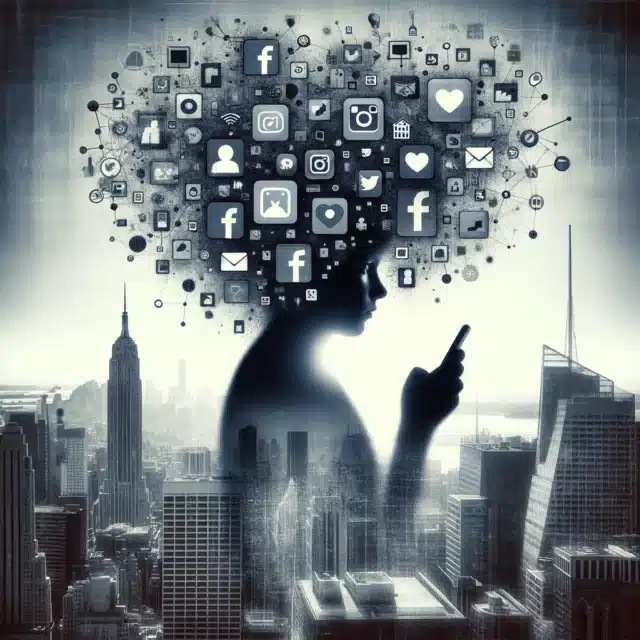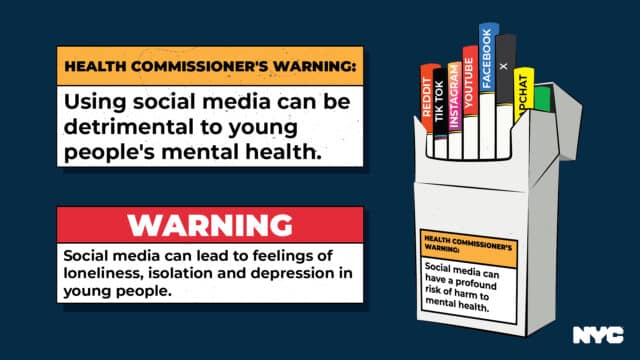NYC declares Social Media a public health hazard: Dr. Ashwin Vasan's bold move to protect youth mental health

In a groundbreaking announcement, New York City's Department of Health and Mental Hygiene Commissioner, Dr. Ashwin Vasan, has issued a Health Commissioner’s Advisory, paralleling past actions taken against tobacco and firearms. This advisory identifies the unchecked use of social media as a public health hazard, spotlighting the alarming rise in mental health crises among the city's youth.
The situation in NYC is dire, with a staggering increase in feelings of hopelessness among high school students, up by over 42% between 2011 and 2021. Moreover, suicidal thoughts have surged by more than 34%. The data is even more troubling for marginalized groups such as Black, Latino, female, and LGBTQ+ youth, who face disproportionately high rates of despair.
Social media's pervasive influence in the lives of NYC's youth is undeniable. With 77% of high schoolers spending three or more hours daily on screens, not including academic use, the impact on their mental well-being is profound. The U.S. Surgeon General and professional societies like the American Academy of Pediatrics and the American Psychological Association have raised alarms over the negative impacts of social media on young minds.

NYC's response to this crisis is multi-faceted. Adults interacting with children and youth are urged to promote healthier social media habits and implement tech-free times. Parents and caregivers are encouraged to engage in open dialogues about social media use, model healthy habits, and create family media plans. For younger children, delaying access to smartphones and social media is advised.
Healthcare providers play a crucial role in this initiative, with a call to discuss social media and mental health during visits, especially for those reporting mental health concerns. Young New Yorkers are also encouraged to develop healthy social media habits, like setting usage limits and focusing on positive online activities.
Tech industry players, including technologists and investors, are urged to advocate for safer platform designs. At a broader level, federal and state policymakers are called upon to build on legislative proposals to protect youth from predatory social media practices.
The stance taken by New York City is a significant step in acknowledging the real and present dangers social media poses to the mental health of its youth. As cities across the nation watch, this bold initiative may set a precedent for how we address the growing concerns about social media's impact on our society's youngest members.